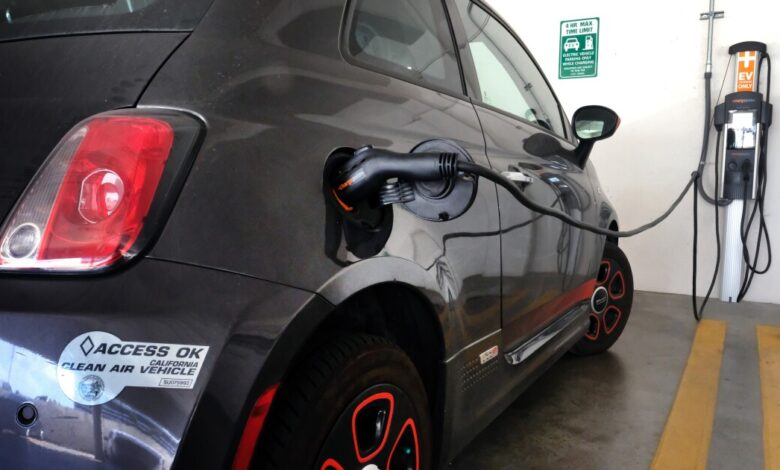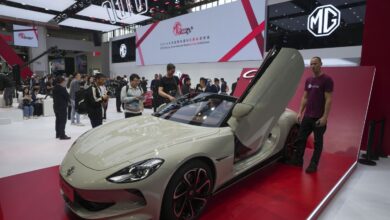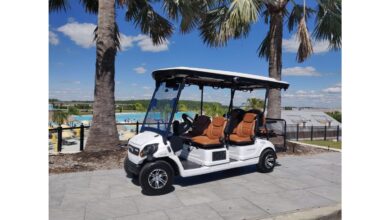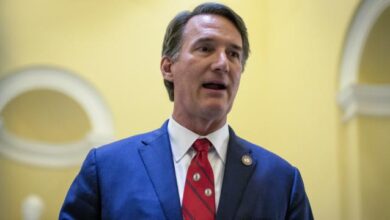Idaho weighs pros and cons of EV charging in state parks

Idaho’s Parks and Recreation commissioners are considering how – or if – electric vehicle charging stations could be coming to state parks over the next few years.
Board members heard an update from staff Monday morning in Coeur d’Alene on the possibilities, including potential cost and infrastructure concerns.
“It’s something that we can think about providing in our parks, but it’s definitely going to be an expense and not something we could do at every park,” said Melanie Schuster, development bureau chief for the agency.
Level-one and level-two chargers require more commonly available electric hookups, but don’t refuel a vehicle’s battery as quickly.
Electrical stations for RVs at certain Idaho park campsites essentially act like a level-two charger, Schuster said, meaning they can fully juice up a vehicle overnight. Currently, campers don’t pay an extra fee for this.
Level-three chargers, or fast chargers, can fill up most of a vehicle’s tank in about an hour.
But they require far more heavy duty electrical infrastructure that’s not generally available in residential areas. They also need stable internet connections to monitor each customer’s usage and payments, which can be in short supply in rural Idaho.
No fast chargers currently exist in Idaho parks.
Parks officials looked into installing a fast charger at Massacre Rocks in 2021, which would’ve cost $280,000 for one-time installation work and more than $4,000 annually for the online subscription and service agreement.
On top of this, many EVs use different charging ports.
“Things are still changing rapidly with this technology, so we definitely don’t want to put in any equipment that will then become obsolete,” Schuster said.
Still, she said parks patrons want EV chargers installed.
Idaho will get $29 million in federal funds over the next five years to help build out charging infrastructure along major traffic routes, which could include its parks.
Commissioners will continue to study the issue.
Copyright 2024 Boise State Public Radio



